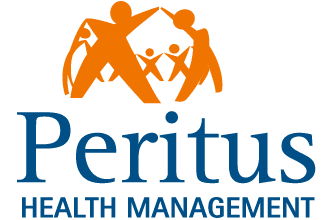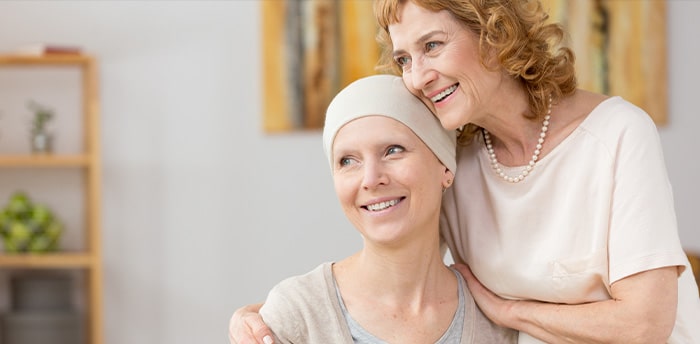So this is me. Fast approaching a significant birthday with a brand-new career. But where did it all begin?
I have had many different job roles since leaving school many moons ago and had the experience of living in another country (Australia) for over 2 years, then I decided to settle back in the UK.
My background is mainly in care having been a Deputy Home Manager, Senior Support worker and a Vocational Health and Social Care Assessor, then the lockdown hit and working from home didn’t suit me at all. It was time for a change, and boy, did I get one!
When I saw the role advertised, I wasn’t too sure what an Occupational Health Technician really did or why it was necessary. I researched the role and thought it sounded interesting, especially meeting the clients as I am very much a people person and can talk for England!
On my first day at the office, I was introduced to the staff who were working there on that day, the others were out on site. I was given a very comprehensive induction along with 2 other new recruits and I haven’t looked back since.
The training that is required is very extensive and professional as you need to know what you are talking about and why. When you think about it, do you know what an Occupation Health Technician actually does?
Here is a summary of the comprehensive training I have received so far which has enabled me to do my job:
- introduction to occupational health
- basic knowledge of anatomy and physiology
- basic life support
- principles of infection control
- confidentiality, accountability, and data protection
- measure blood pressure, pulse, height and weight
- interpret new starter questionnaires
- do audiometry
- measure visual acuity to occupational standard
- measure colour vision to occupational standard
- do lung-function testing to include peak flow and spirometry
- assess mobility
- keep records
- use communication skills
- use IT skills
- use health and safety legislation
- include concepts of health promotion and prevention of ill health.
I started this job in March 2021 so you can imagine how busy I have been to get this far and what an achievement it was to get clinical sign off then be out at employer sites, on my own, in my screening van, using these new skills and knowledge.
If I am honest, I have found the training tough, but I put that down to my age and not my capability. I was often asked questions during training, to which I replied, “I don’t know the answer”. The reply I got was “But if you did know, what would you say?” This was the trainer’s way of being patient and kind to me as she could see something in me which I couldn’t.
I have travelled across Yorkshire so far during my clinical site visits and can honestly say I am enjoying my job. Yes, there are early starts and sometimes long days, but I knew that when I started the job. It can be stressful at times, but we have a group chat set up where we can message each other while out at sites just in case we need that extra bit of advice or a ‘pick-me-up’. We all look out for each other.
The most rewarding part of the role is knowing that I might have potentially saved someone’s life by giving them advice on something that they were not aware of previously. A colleague referred someone to their GP following hearing testing and he was diagnosed with a brain tumour early enough to be operable and I cant tell you how many times I have identified someone with significantly high blood pressure needing treatment.
I do still have further training to do in Hand Arm Vibration syndrome and Drug/Alcohol testing, but this will come with time.
For now, I am happy just putting into practice what I have learned so far. Safe in the knowledge that employers are protecting their employees by using our screening services and following our recommendations.
If you think you have what it takes, give it a go. It is never too late to change your career and yes, you can teach an old dog new tricks!



